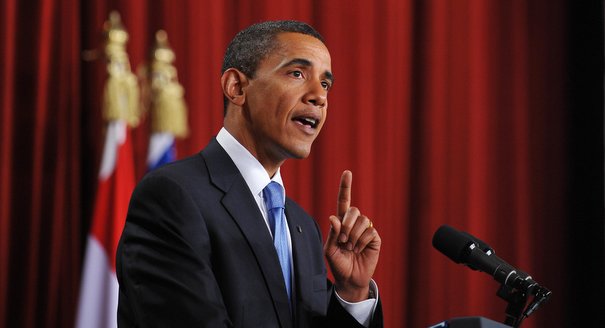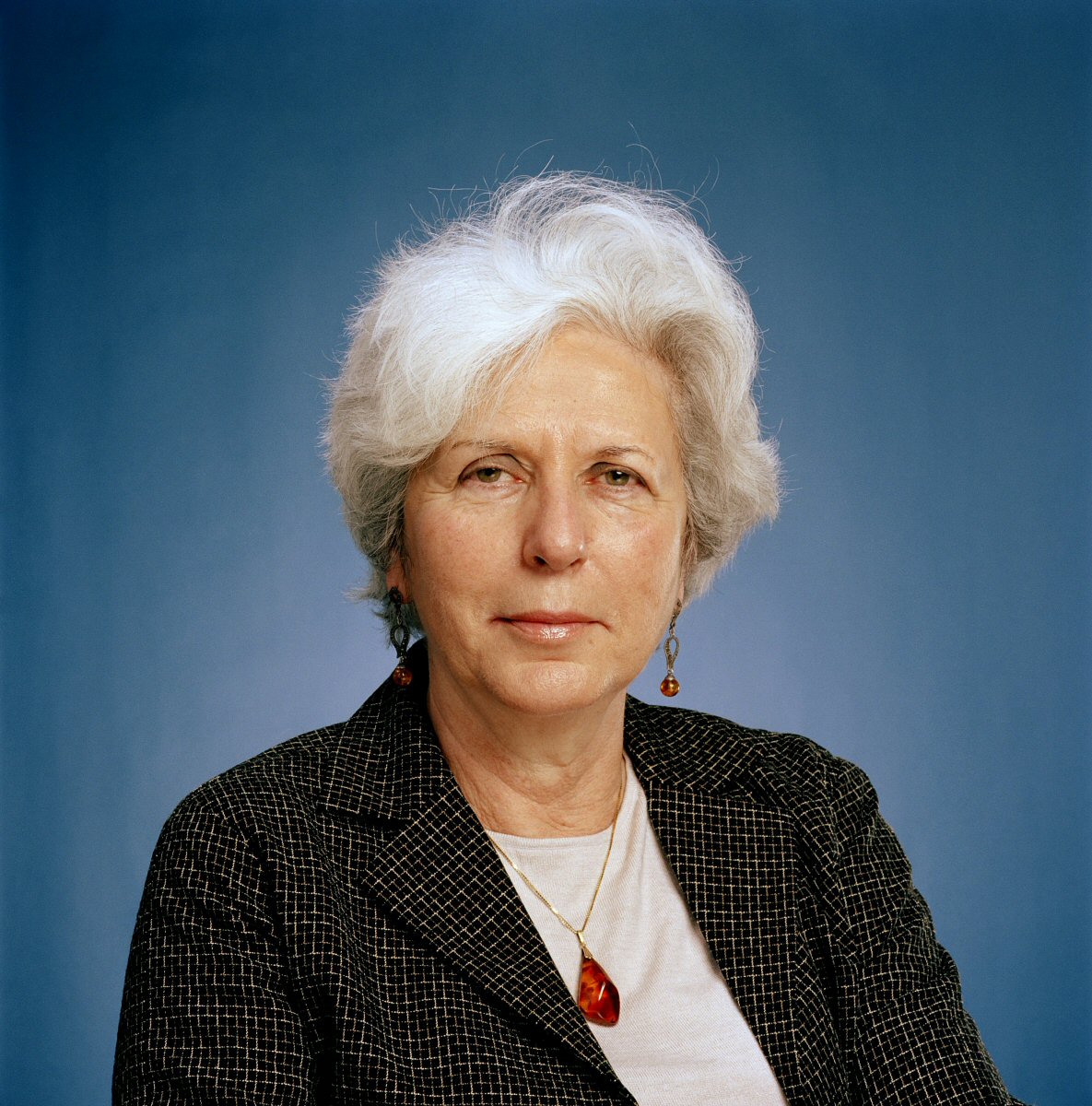In a volatile Middle East, the Omani port of Duqm offers stability, neutrality, and opportunity. Could this hidden port become the ultimate safe harbor for global trade?
Giorgio Cafiero, Samuel Ramani

Source: Getty
The Middle East greeted President Obama’s Cairo speech with enthusiasm, but many cautioned that words, though welcome and encouraging, must be matched by actions to mend the relationship. To explore the issues the Muslim world hopes the U.S. administration will address, the Carnegie Middle East Center in Beirut commissioned eight commentaries from prominent Arab writers and policy makers.
In December 2008, the Carnegie Middle East Center in Beirut and the Carnegie Endowment for International Peace in Washington solicited commentaries about the election of President Obama from a small number of Arab intellectuals and analysts. The commentaries revealed a complex picture. On the one hand, they showed great enthusiasm about Obama personally and about the fact that Americans had elected as president a member of a minority group that has only enjoyed full rights for a few decades. On the other hand, the commentaries revealed continued, deep skepticism that even the new, admired president would have the capacity to address successfully the burning issues of the region, above all the Palestinian–Israeli conflict. The commentaries also underlined profound differences in the ways issues are perceived in the United States and in the Arab world.
All commentaries are written by well known, respected intellectuals and researchers. And while the responsibility for each commentary ultimately is the author’s alone, we believe that they all denote views and approaches that are widespread in the region and thus deserve attention.
We have decided to publish all the commentaries that were submitted to us, regardless of the authors’ political and ideological inclinations. All commentaries are written by well known, respected intellectuals and researchers. And while the responsibility for each commentary ultimately is the author’s alone, we believe that they all denote views and approaches that are widespread in the region and thus deserve attention.

Director, Middle East Program
Amr Hamzawy is a senior fellow and the director of the Carnegie Middle East Program. His research and writings focus on governance in the Middle East and North Africa, social vulnerability, and the different roles of governments and civil societies in the region.

Former Senior Associate, Middle East Program
Before joining the Endowment, Ottaway carried out research in Africa and in the Middle East for many years and taught at the University of Addis Ababa, the University of Zambia, the American University in Cairo, and the University of the Witwatersrand in South Africa.
Farah Choucair
Adriana Qubaia
Former Research Assistant, Middle East Program
Carnegie does not take institutional positions on public policy issues; the views represented herein are those of the author(s) and do not necessarily reflect the views of Carnegie, its staff, or its trustees.
In a volatile Middle East, the Omani port of Duqm offers stability, neutrality, and opportunity. Could this hidden port become the ultimate safe harbor for global trade?
Giorgio Cafiero, Samuel Ramani
Europe’s reaction to the war in Iran has been disunited and meek, a far cry from its previously leading role in diplomacy with Tehran. To avoid being condemned to the sidelines while escalation continues, Brussels needs to stand up for international law.

Pierre Vimont
In 2021, the U.S. government began to consider how to address climate migration. The outcomes of that process offer useful takeaways for other governments.

Jennifer DeCesaro
On the last day of the India AI Impact Summit, India signed Pax Silica, a U.S.-led declaration seemingly focused on semiconductors. While India’s accession to the same was not entirely unforeseen, becoming a signatory nation this quickly was not on the cards either.

Konark Bhandari
Two experts discuss how drone technology is shaping yet another conflict and what the United States can learn from Ukraine.


Steve Feldstein, Dara Massicot